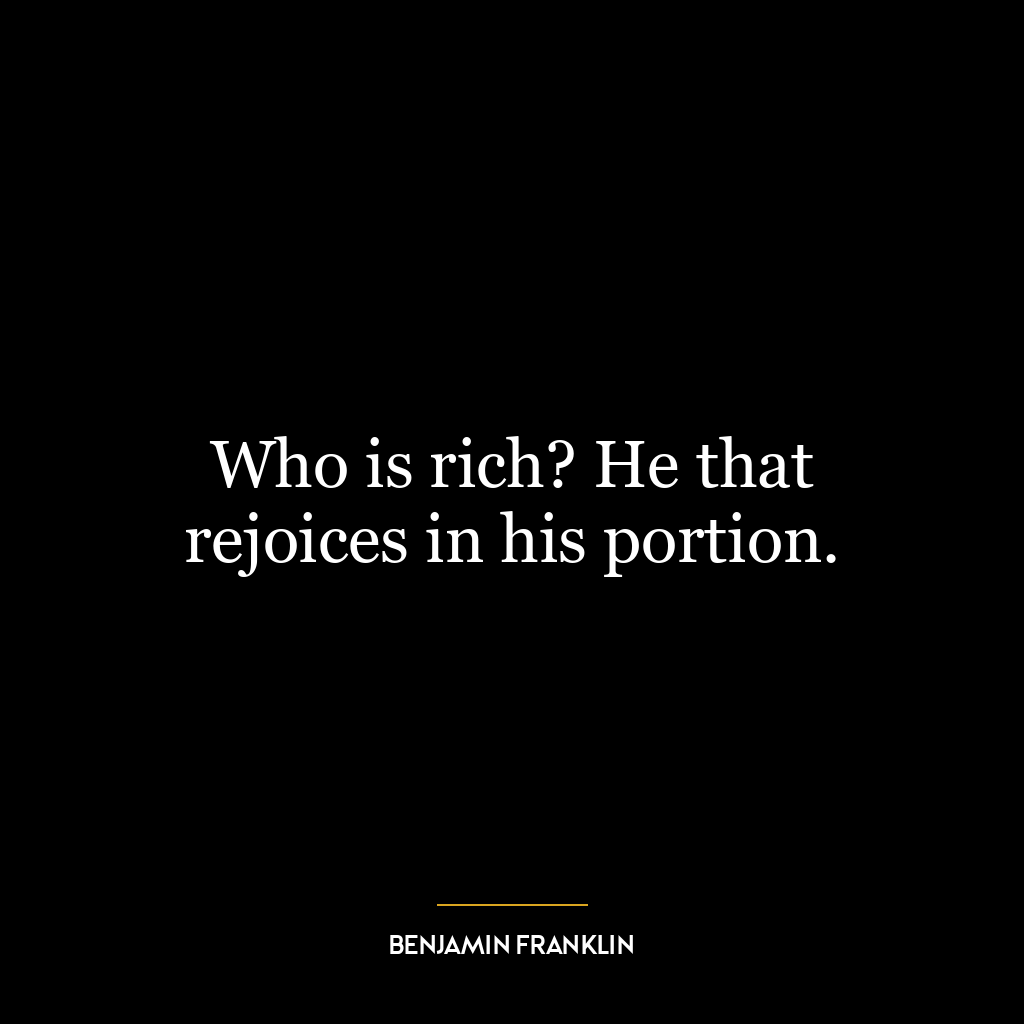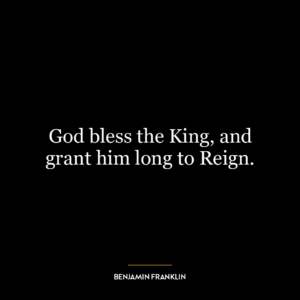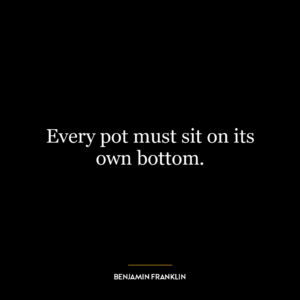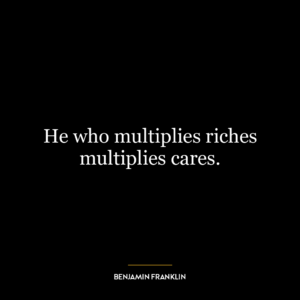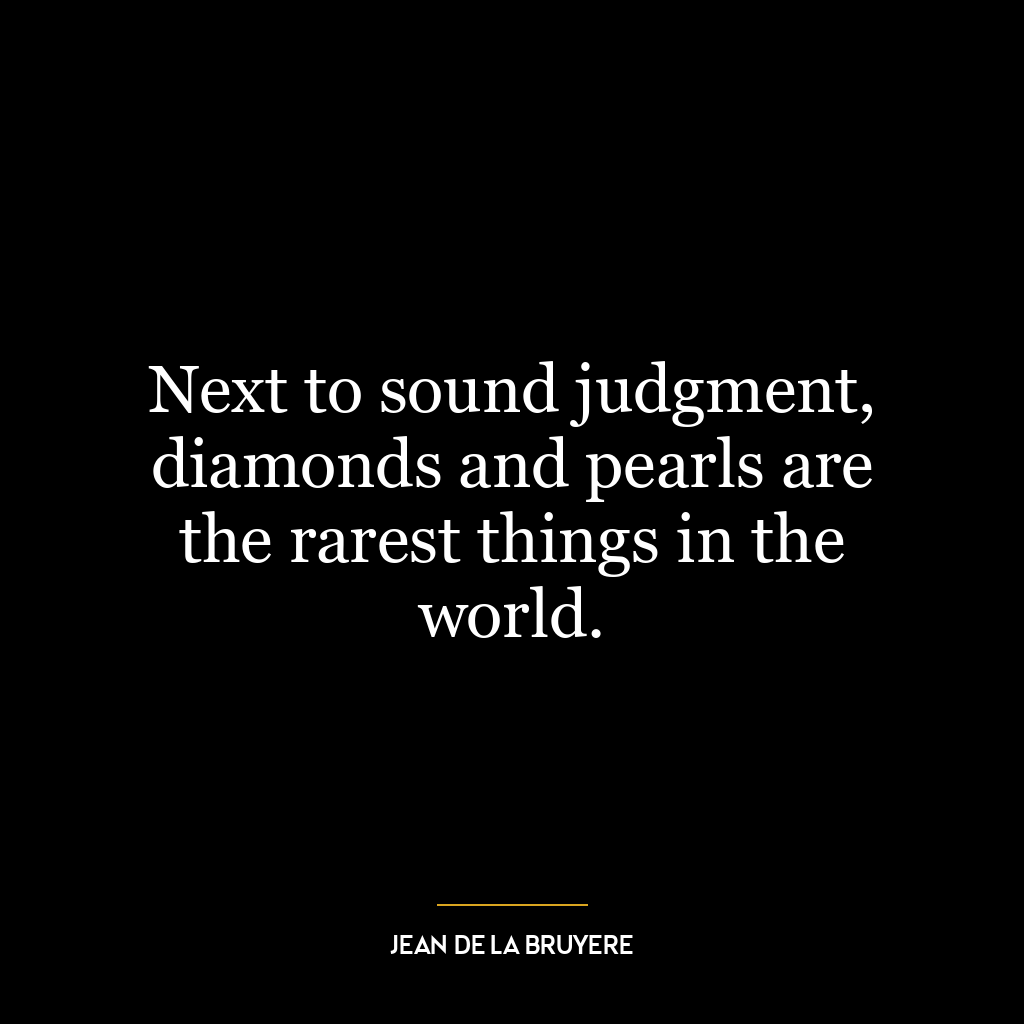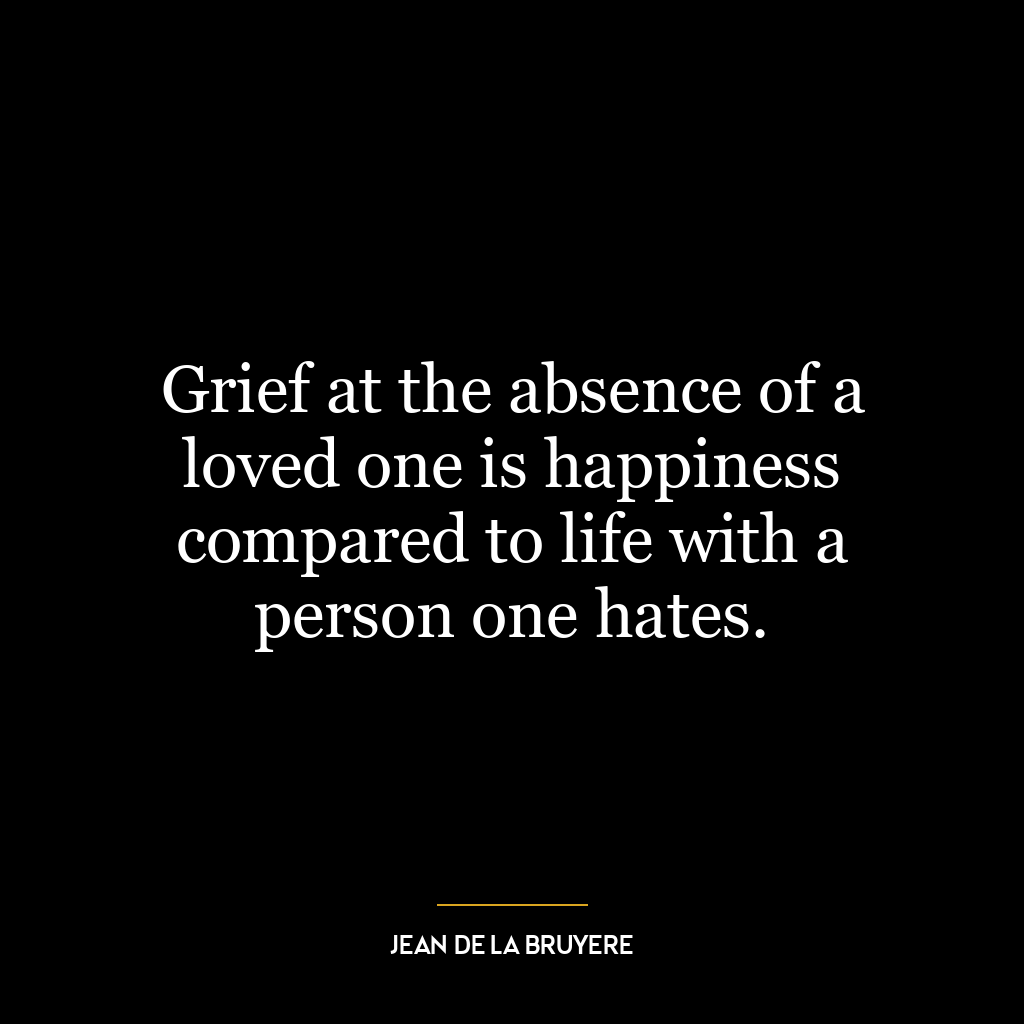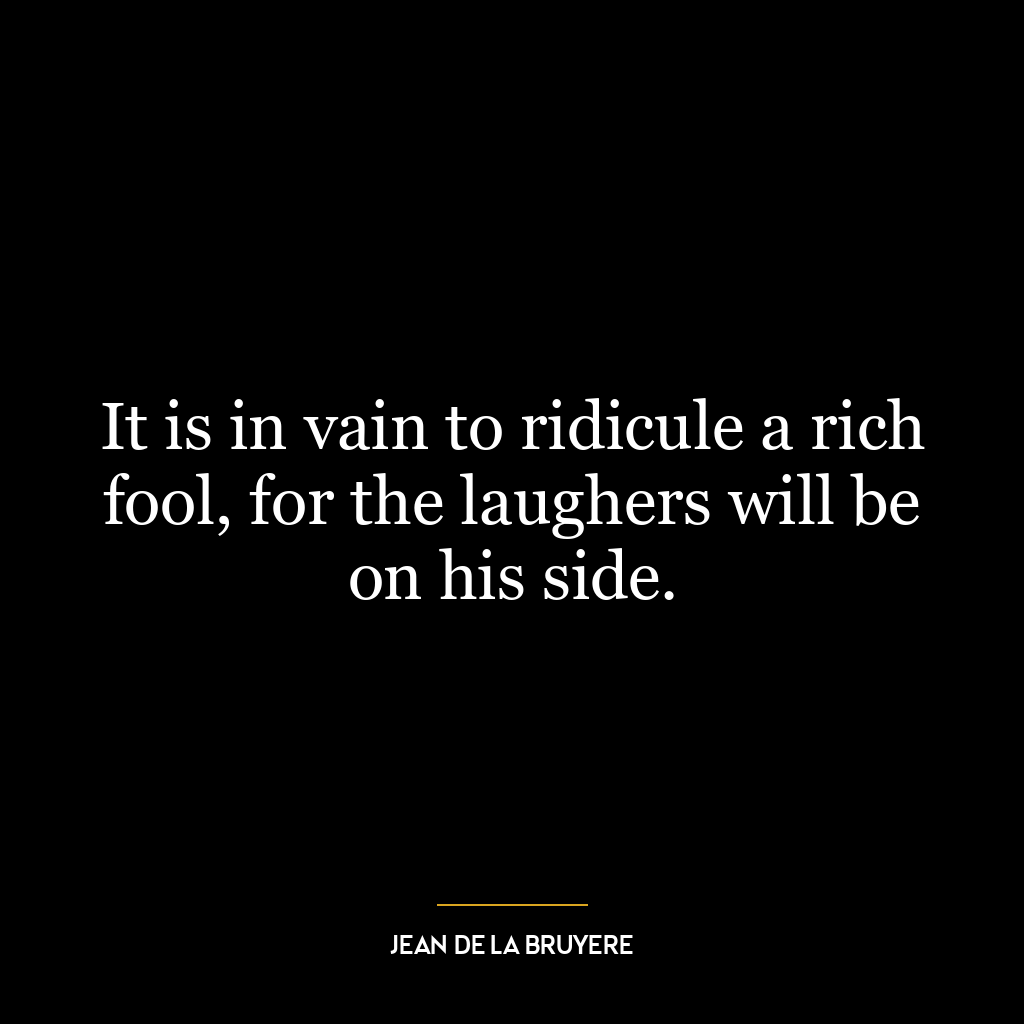Who is rich? He that rejoices in his portion.
“Who is rich? He that rejoices in his portion” is a profound statement that challenges the conventional definition of wealth. It suggests that true richness is not about the accumulation of material possessions but rather contentment with what one has. This perspective reframes wealth as a state of mind rather than a physical state of possession.
The idea of “rejoicing in one’s portion” implies a sense of satisfaction and gratitude for what one has, regardless of its size or value. It’s about appreciating the value of what you have rather than longing for what you don’t have. This idea is deeply rooted in the concept of contentment, which is often seen as a key to happiness and well-being.
In today’s consumer-driven society, where success is often measured by material wealth and the pursuit of more is a common mindset, this quote serves as a reminder of the importance of gratitude and contentment. It encourages us to shift our focus from constantly striving for more to appreciating and valuing what we already have.
In terms of personal development, this quote can be applied in various ways. For instance, it can encourage us to cultivate a sense of gratitude, which has been linked to increased happiness, reduced stress, and improved mental health. It can also inspire us to live within our means and avoid the stress and anxiety that often come with debt and financial insecurity. Moreover, it can motivate us to focus on non-material aspects of wealth, such as relationships, experiences, and personal growth, which can bring more lasting and fulfilling joy than material possessions.
In conclusion, this quote suggests a paradigm shift from viewing wealth as an external accumulation to recognizing it as an internal state of contentment. It invites us to redefine our notion of richness and find joy in the present moment, with the resources we currently possess.

